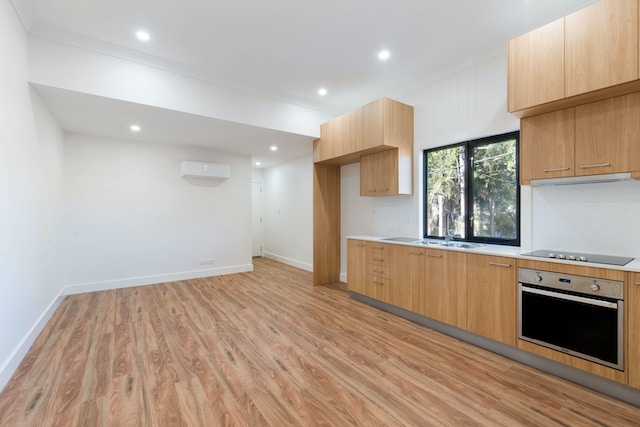Landlord Blog
Education and news for smart DIY landlords!
Everything You Need to Know About Making a Rental Property Profitable

Investing in rental property is a great way to generate passive income and build long-term wealth. However, owning a rental property requires careful planning and management to ensure that it's profitable. If you want to learn more, read the tips below.
Location is key
When investing in rental property, location is one of the most critical factors to consider. Look for properties in desirable areas with low vacancy rates, strong rental demand, and potential for appreciation. Also, consider the neighborhood's safety, proximity to public transportation, schools, and amenities.
Understand the numbers
Before investing in a rental property, it's essential to understand the financials. Calculate your potential rental income and expenses, including mortgage payments, property taxes, insurance, maintenance costs, and property management fees. Make sure that the rental income covers your expenses and provides a positive cash flow.
Screen tenants carefully
One of the most important aspects of owning a rental property is finding and retaining good tenants. Screen tenants carefully by conducting background and credit checks, verifying employment and income, and checking references. Good tenants are good for your business because will pay their rent on time, take care of the property, and minimize vacancies and turnover costs.
Maintain the property
Keeping your rental property in good condition is essential for attracting and retaining tenants and protecting your investment. Regular maintenance and repairs can prevent small problems from becoming costly issues in the future. Consider hiring a property management company to handle repairs, inspections, and tenant complaints.

Set competitive rental rates
Setting the right rental rate is essential for attracting and retaining tenants and maximizing your income. Research comparable rental properties in the area and set your rental rates competitively. Avoid overpricing your property, as this can lead to vacancies and lost income.
Be proactive with tenant relations
Building a positive relationship with your tenants can help minimize disputes and vacancies. Be proactive with tenant relations by responding to complaints and repair requests promptly, communicating clearly and respectfully, and maintaining a professional and courteous attitude.
Consider short-term rentals
If you're in a high-demand tourist area, short-term rentals can be a profitable option. Platforms like Airbnb and VRBO allow you to rent out your property for short periods, often at higher rates than long-term rentals. However, short-term rentals require more work and management than long-term rentals and may be subject to local regulations and taxes.
Keep up with market trends
The rental property market is constantly evolving, and keeping up with market trends can help you stay ahead of the competition. Consider working with a real estate agent or property management company that can provide market insights and help you make informed investment decisions.
Consider investing in multifamily properties
Investing in multifamily properties can provide higher income and lower risk than single-family homes. With multiple units, you can generate more rental income and spread the risk across multiple tenants. Additionally, multifamily properties may be subject to more favorable financing terms and tax benefits.
Final Thoughts
Owning a profitable rental property requires careful planning, management, and attention to detail. Choosing the right location, understanding the financials, and, screening tenants carefully, among other things, will help you maximize your rental income and build long-term wealth.
